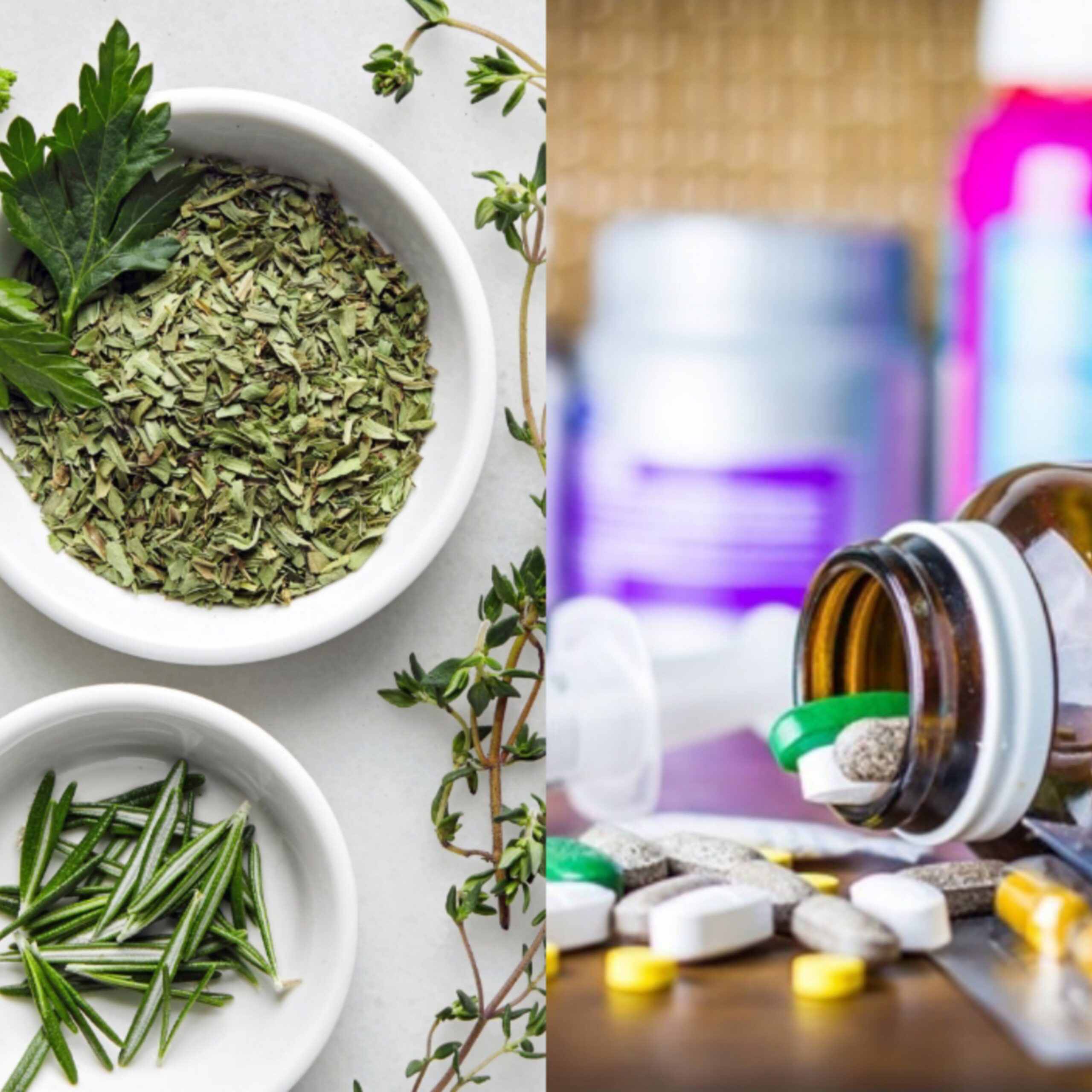By Elijah Akuma
The High cost of things in Nigeria has equally affected the prices of drugs making many who can’t afford them seek cheaper alternatives including resorting to herbal medication.
Join our WhatsApp ChannelPrime Business Africa had earlier reported that most drugs consumed in Nigeria are largely imported and the persistent depreciation of the value of the local currency, the Naira, due to foreign exchange (FX) scarcity and other regulatory issues have made local prices of drugs, medical equipment and other pharmaceutical products remain high.
READ ALSO: Rising Cost Of Drugs Takes Toll On Nigerian Patients As FX Scarcity Hits Hard
Prices of antibiotics for the treatment of malaria, typhoid, and other common ailments have skyrocketed. For instance, Augmentin 625mg previously sold for N9,000 earlier this year, has increased to N17,000.
Antimalarial drugs such as Artemether Lumefantrine tabs D/S increased from N900 to N1,500. Some brands like Lonart DS currently sell for N2,500 to N3,000.
Other medicals like Ventolin inhaler used for the treatment of asthma which was previously sold for N1,600 has now increased to N10,000.
Lamenting about the high cost of drugs, Kenneth Abuguja, a Lagos-based trader said “The cost of drugs now is very alarming, what I do now is to buy agbo (a Yoruba word for herbal drinks) whenever I have signs of malaria. I thank God it works in my body.”
However, unlike Mr Abuguja, many, including health experts kick against adopting herbal drinks for the treatment of sicknesses due to possible side effects and other complications.
There have been debates between traditionalists and modern health experts about the efficacy of herbal products in the treatment of different kinds of diseases.
In an interview with Prime Business Africa correspondent, Mr Ebuka Silas, a trader in Nsukka, Enugu State, said “I prefer drugs to herbs and do not have a problem with the increase in prices of drugs because the health of my family is my priority. I am not used to herbs and I am not willing to start learning it now.”
In response to whether they prefer drugs to herbs despite the increase in prices of drugs, Mr. Asogwa Tochukwu and Mr. Onyebuchi Ugwu believed that what determines their choice is the kind of sickness. “There are sicknesses that herbs are better for. Headache responds to Paracetamol, but stroke responds faster to herbs; drugs do not treat strokes. Whether drugs or herbs depends on the body’s system. Some people’s body system responds to herbs while others respond to drugs.”
READ ALSO: World’s 10 Most Expensive Drugs
Mr. Uwanile Chigozie has a different view. He said: “English drugs help in healing eye problems, but native drugs or herbs blind the eyes. For cancer cases, herbs do better work than English drugs.”
However, a pharmacist, Mr Tochukwu Emmanuel said that “herbal medicines are not measurable. It’s quite difficult to decipher their dosages. So, it is a guesswork and not scientifically proven.”
He went further to say that “some chronic illnesses may require herbs, but synthetic drugs have quicker response than herbal medicines. Scientifically, it is not advisable to go for herbs.”
Herbal drugs, he said, are not standardized, and one can’t tell their dosages. Explaining this further, Mr Emmanuel said: “Some herbal drugs are risk factors, that is, they can trigger sicknesses and diseases since their dosages cannot be ascertained.”
READ ALSO: Emerging Drugs For Treatment Of Alzheimer’s Disease
In response to whether some of the synthetic drugs are not products of herbs, he said “Yes some are produced from herbs or plants, but they are not enough to produce in large quantity, so they go to the lab and synthesize the chemical compound that is responsible for the activity in the plant and reproduce in the lab to get the drugs we take.”
He said the challenge with herbs is that one cannot say exactly the dosage that should be consumed for a particular illness.
“Most herbs come in liquid forms; they are easily prone to micro-organism contamination and thus, can cause more damage to those who consume them.”
While warning against taking all kinds of herbs, he noted that there are some infectious diseases that their causative agents have developed resistance to synthetic drugs, “so, some tested and proven herbs may come in handy.”
Lilian Chinaza, a health expert at Olive Pharmaceuticals and Stores, Nsukka, said that “some people take herbs not knowing the content of what they are taking; this causes more damage to the body.
She advised people to visit a hospital or clinic for proper diagnosis of their ailments.
Warning against the side effects of herbs, she said: “Some of the herbs people take are concoctions; they damage the organs in the body. Most have these herbs have no specific description of the exact cure they provide.”
She debunked the claim that herbs cure strokes saying that “it’s a superstitious belief that stroke responds to herbal treatment. I advise, especially the old folks to always check their blood pressure. Some old folks are always claiming to be busy until they fall sick, then they start running around in search of a solution to a problem they would have easily avoided without stress.”
In response to whether herbs cure diabetes and bone fractures, she said it’s an erroneous belief. “Diabetes is managed by paying careful attention to one’s diet. A woman had diabetes, and instead of going for adequate treatment, she went to a pastor to pray for her; prayer is good, but everything has its place. Her condition worsened until a test was run on her and we discovered that her sugar level was excessively high.”
She advised diabetes patients to always eat and never stay hungry. She said: “Watch your diet, maintain your weight, meet a dietician to help you balance your diet.”
On the increase in the prices of drugs, she said “prices of the drugs have increased because of increase in fuel price and the cost of production.”
She advised people to always go to a hospital, get diagnosed, meet a health practitioner, and tell them their symptoms before embarking on any kind of treatment.


















Follow Us